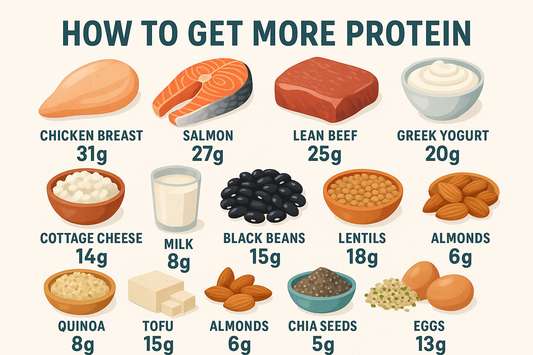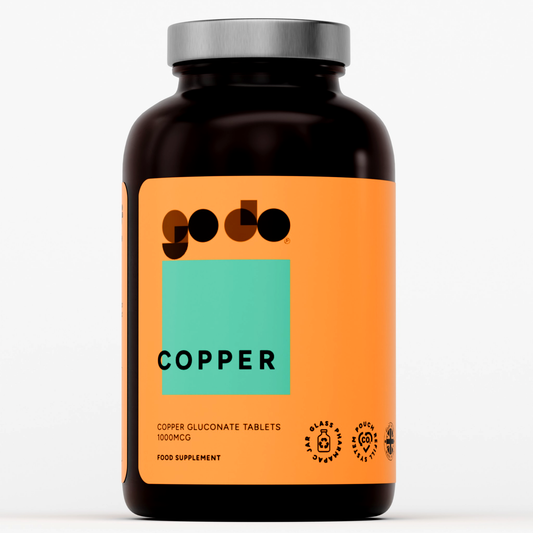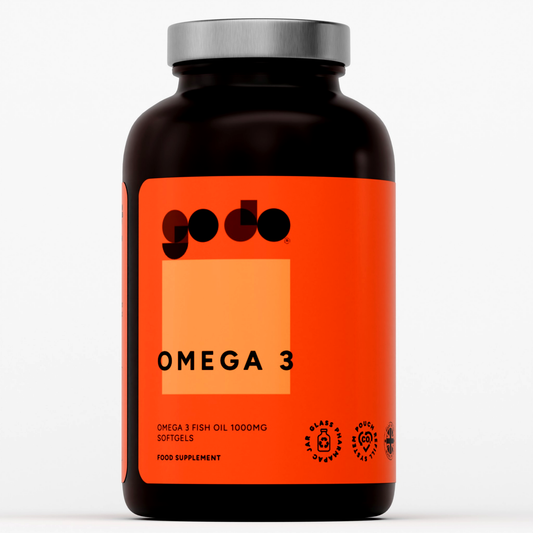Choline
Choline, also know as the brain nutrient. But before I get into why choline is the brain nutrient let us get a little background on choline. Choline is a naturally occurring essential nutrient that is often classified as a member of the B vitamin family.
Choline aids with alertness and the ability to concentrate on difficult tasks, as well as to keep the memory sharp and help in the ability to take in new information with relative ease. This is because choline is a precursor to the neurotransmitter acetylcholine, which contributes to healthy and efficient brain processes.
The brain also benefits from choline with mood health. Eating and even supplementing choline can balance mood levels and provide protection from depression and anxiety. Another added brain benefit of choline is its effect to help the brain be aware of hunger as well as detecting when the body has consumed enough food.
Not only is choline the brain nutrient, but also the birth nutrient. In pregnant women, choline plays a critical role in pre-birth brain development, and helping to prevent certain birth defects, such as spina bifida. Research has shown that choline can “super charge” the brain activity of babies in the womb. Choline “may boost cognitive function, improve learning and memory, and even diminish age-related memory decline “ (J Neurophysiol. 2004 Apr;91(4):1545-55.).
The only problem with choline is that the body does not naturally produce enough of it to receive these benefits. In order to consume a sufficient amount of choline you are going to have to eat foods high in choline or take a Choline supplement. Foods rich in choline include animal products such as beef and eggs. This can pose a problem for vegetarians and vegans so the alternative is a choline supplement. You can find one online for as little as six dollars. Either one of these options provides you with an easy means to obtain the brain and birth nutrient that is choline.










